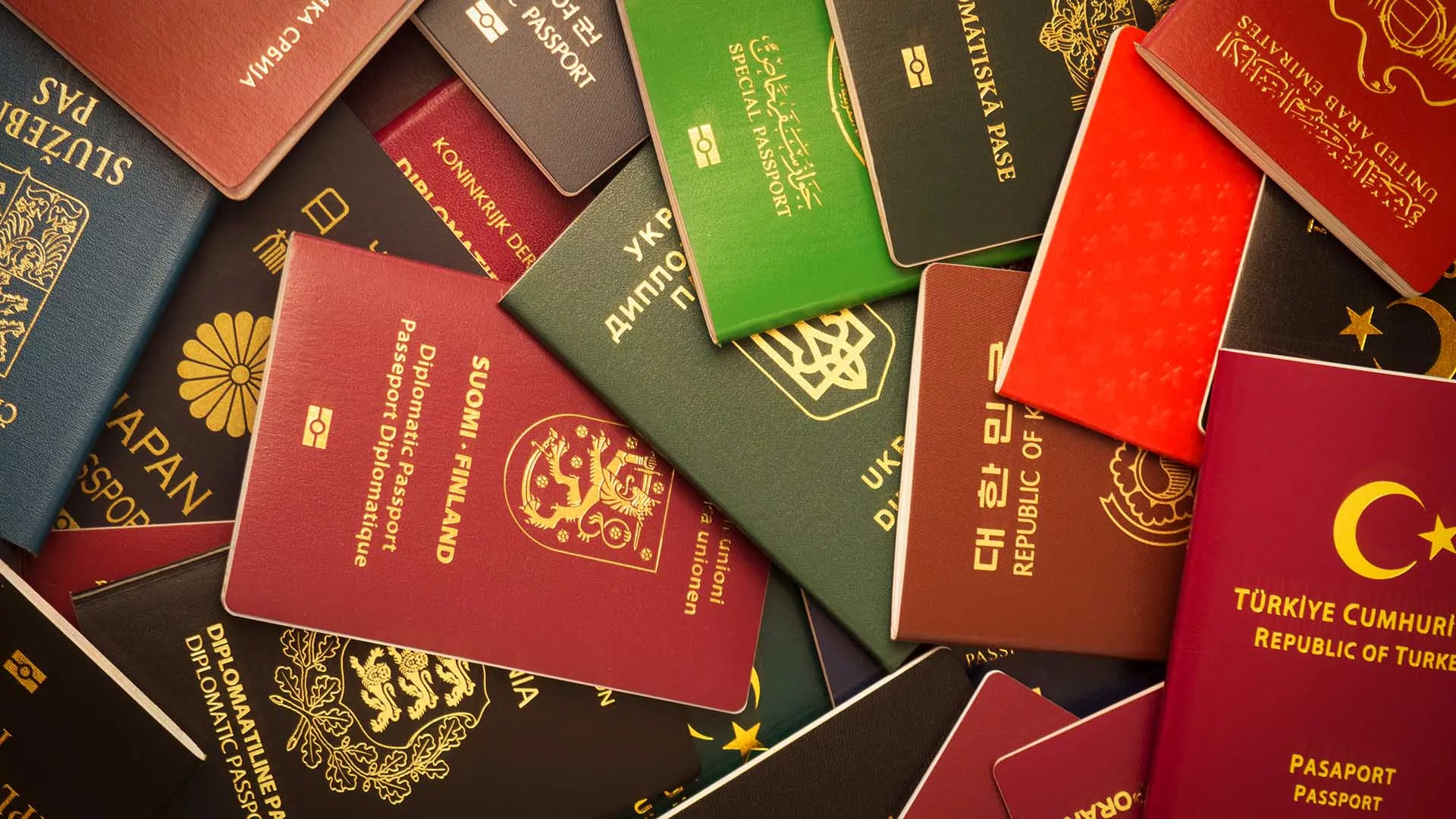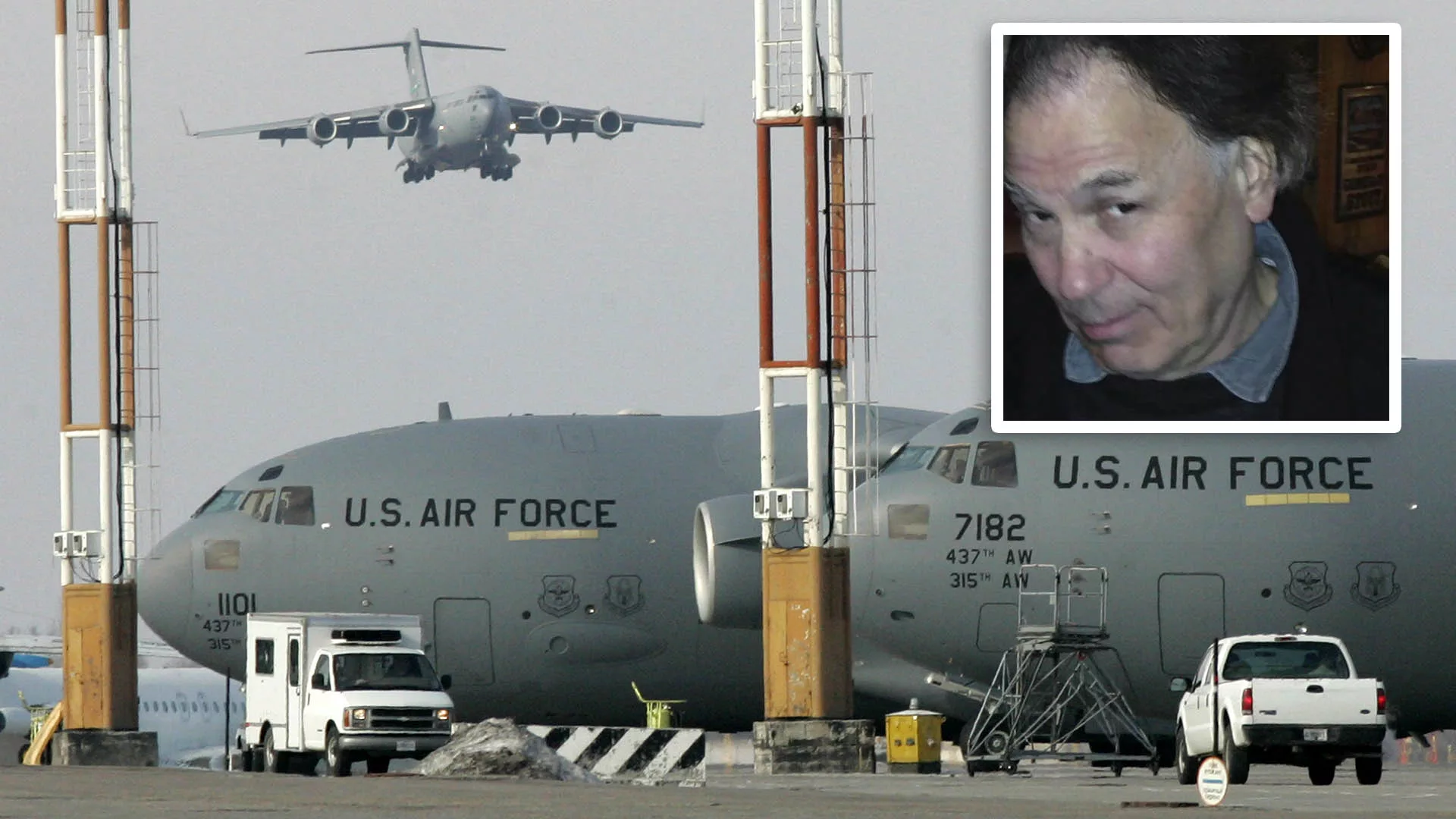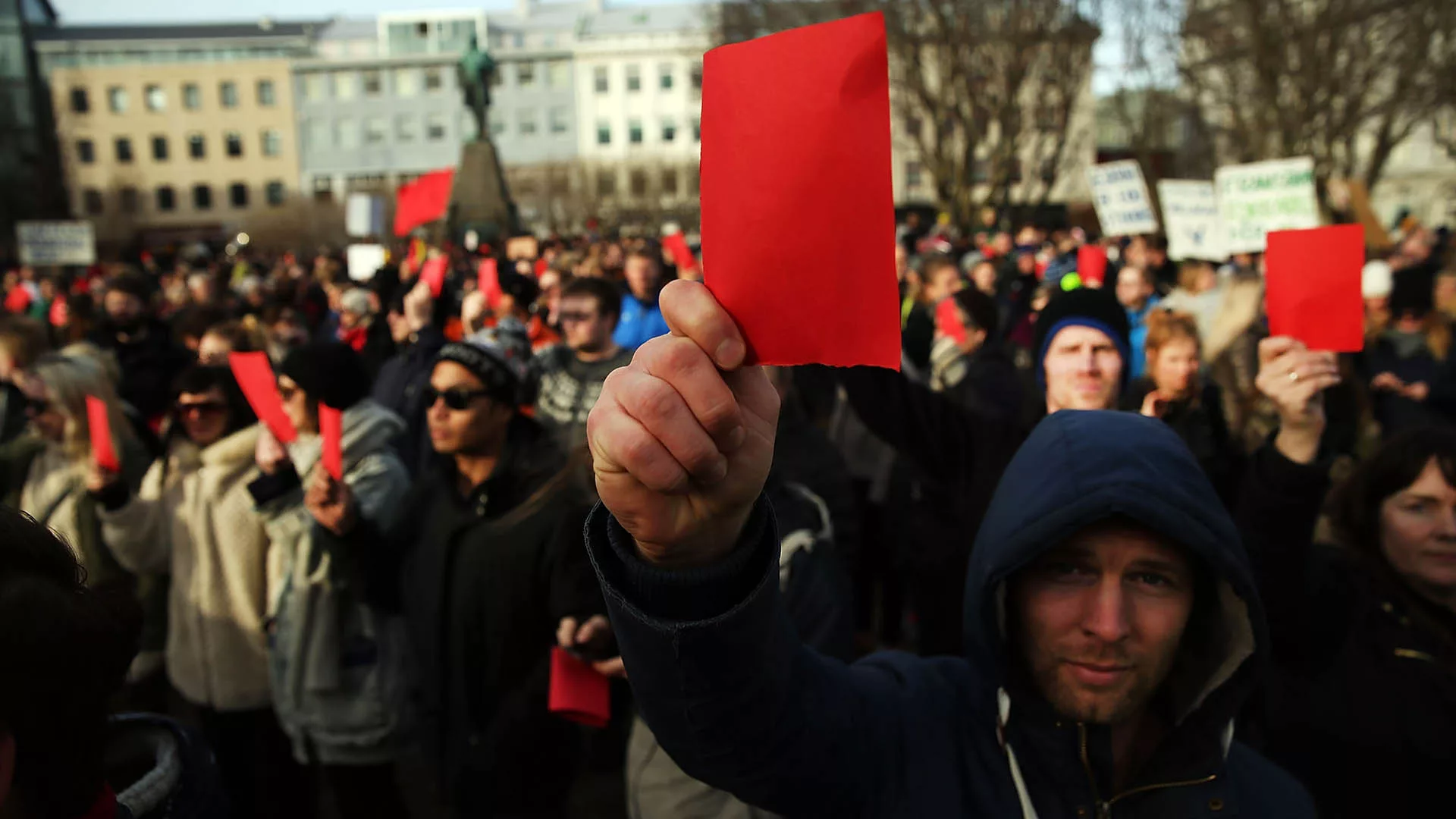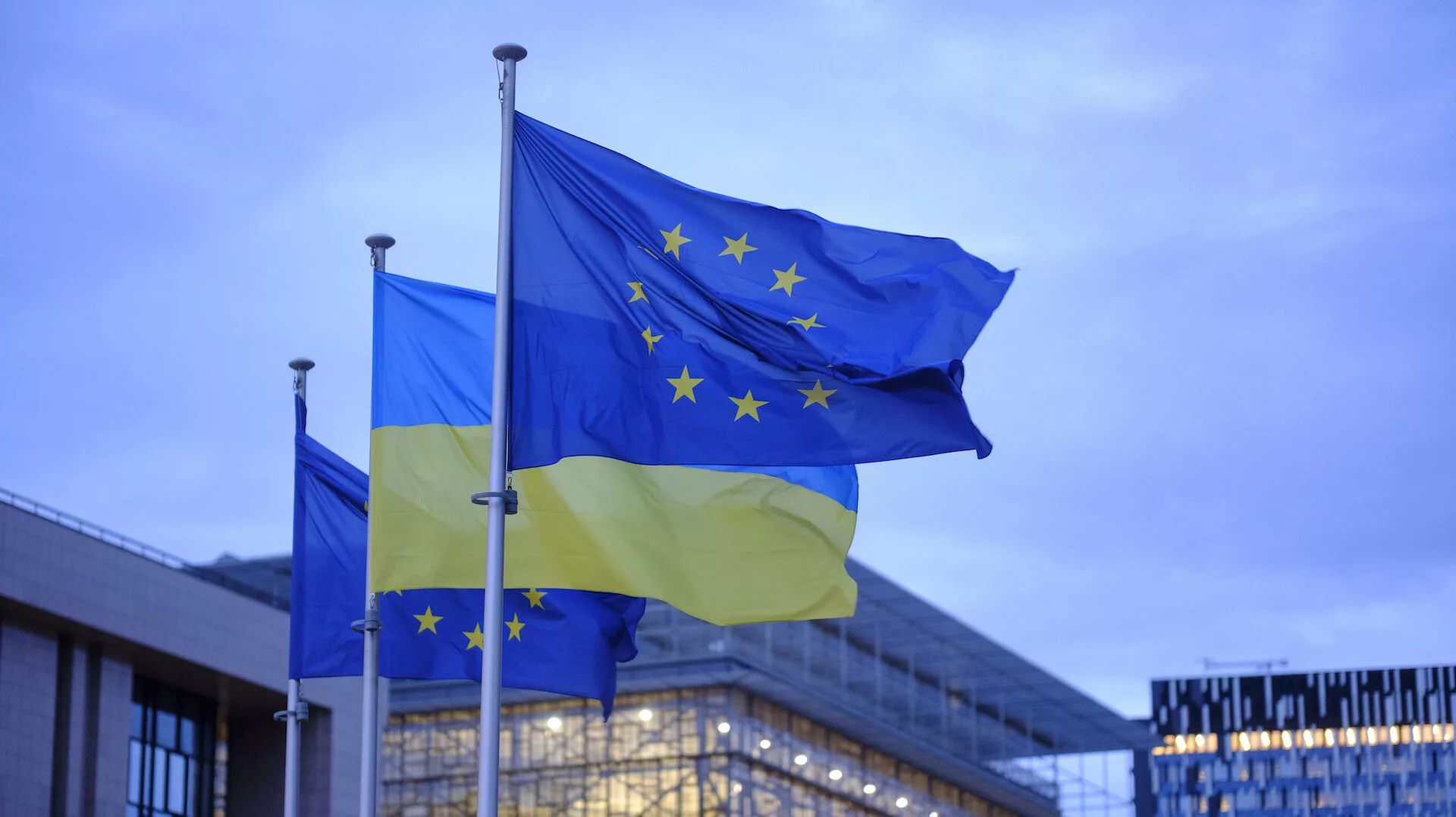The U.S. and Canada sanctioned Friday hundreds of individuals and entities to mark the two year anniversary of Russia’s full-scale invasion of Ukraine, joining the U.K and the EU in putting pressure on the Kremlin.
 Canada and the U.S. sanctioned hundreds of Russian individuals to mark the two year anniversary of Russia’s war against Ukraine, as well as the suspicious passing of Alexei Navalny. (Photo: Mitya Aleshkovsky, Flickr, License)The U.S. Treasury’s Office of Foreign Assets Control announced the sanctioning of over 500 targets, imposed as a response to Moscow’s repression, human rights abuses, and attempts to eliminate Ukraine’s sovereignty.
Canada and the U.S. sanctioned hundreds of Russian individuals to mark the two year anniversary of Russia’s war against Ukraine, as well as the suspicious passing of Alexei Navalny. (Photo: Mitya Aleshkovsky, Flickr, License)The U.S. Treasury’s Office of Foreign Assets Control announced the sanctioning of over 500 targets, imposed as a response to Moscow’s repression, human rights abuses, and attempts to eliminate Ukraine’s sovereignty.
Likewise, Global Affairs Canada blacklisted another 10 individuals and 153 entities under the Special Economic Measures (Russia) Regulations, which is intended to hinder the Russian military’s ability to push further and further into Ukrainian territory.
Both countries said that their new measures are also their response to the recent death of Russian political activist Alexei Navalny.
Though Moscow said Navalny died of natural causes, the West strongly believes that he was in fact murdered via poisoning, a well-known tool in the Kremlin’s arsenal to eliminate threats to Putin’s power at home and abroad.
“This solemn anniversary and Aleksey Navalny’s death in Russian custody are stark and tragic reminders of Putin’s brazen disregard for human life, from Ukrainians suffering the costs of his unprovoked war to people across Russia who dare to expose the corrupt abuses that fuel his regime,” said Secretary of the Treasury Janet L. Yellen.
Canada’s Foreign Affairs Minister, Mélanie Joly, said that Navalny’s death is “a painful reminder of Putin’s continued oppressive regime.”
Canadian Prime Minister Justin Trudeau, meanwhile, commented that Navalny’s untimely passing demonstrates the extent to which Putin will crack down on anyone fighting for freedom for the Russian people. He further referred to the Russian leader as a “monster.”
According to U.S. sources, the Kremlin has reoriented its economy over the past two years to develop weapons to kill its neighbors at the expense of the well-being of its own people.
Unmanned Aerial Vehicles (UAVs) are one such weapon that Russia dedicated significant upgrades in capability and production since it instigated the war. Russian kamikaze drones, facilitated by Iran’s Ministry of Defense, have also seen use against Ukrainian critical infrastructure and civilian targets, the Treasury said.
For these reasons, hundreds of Russian and Iranian entities that have helped proliferate Moscow’s UAV procurement network have now been blacklisted by the U.S., as have others that have otherwise bolstered the Russian military’s armament, weapon, and ammunition stockpiles.
Likewise, hundreds of other individuals and entities across Russia’s manufacturing, technological, aerospace, energy, banking, and finance sectors are now similarly blacklisted, due to their importance in propping up Russia’s war economy, the Treasury said.
Canada, meanwhile, imposed sanctions of its own on 10 individuals and 153 entities, including Putin’s aide and other senior officials of private and state-owned companies registered in Russia and Cyprus.
Most of the sanctioned entities, Global Affairs Canada said, make up Russia’s military-industrial complex or provide research and development or other services to the Kremlin’s Ministry of Defence.
Canada has also now outlawed the export of designated goods to Russia that could be implemented or configured into weapons for use against Ukraine.
Russia’s ambassador to Canada called the latest wave of sanctions “meaningless” and asked Trudeau’s government to cease its interference in Russian affairs, CTV News reported.
Published by: occrp.org




